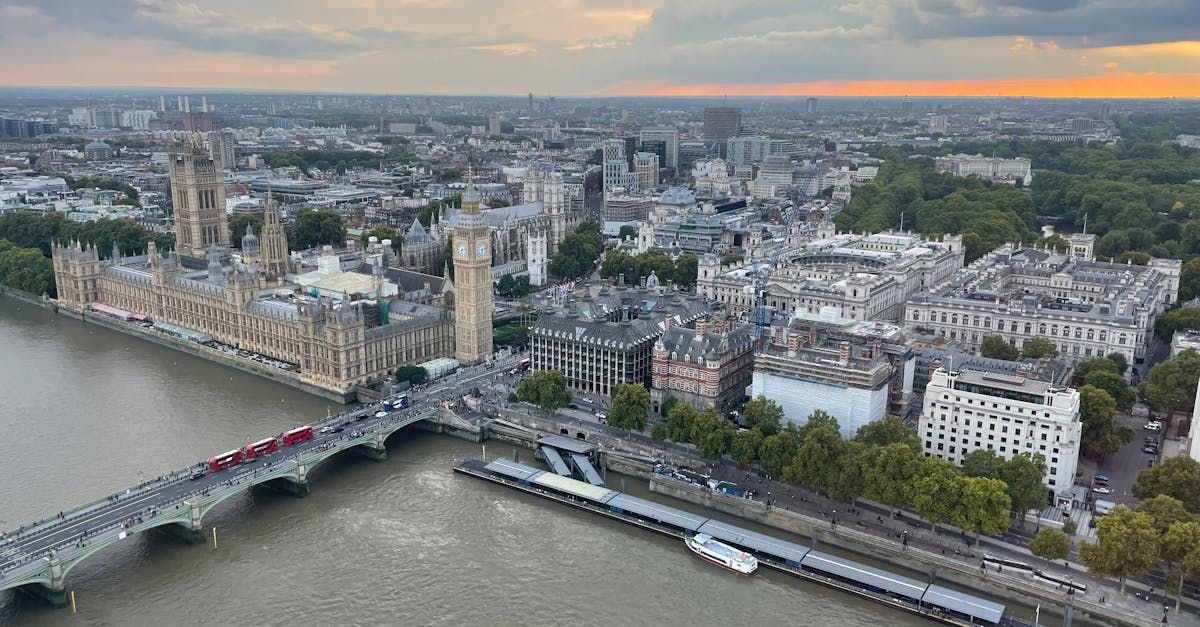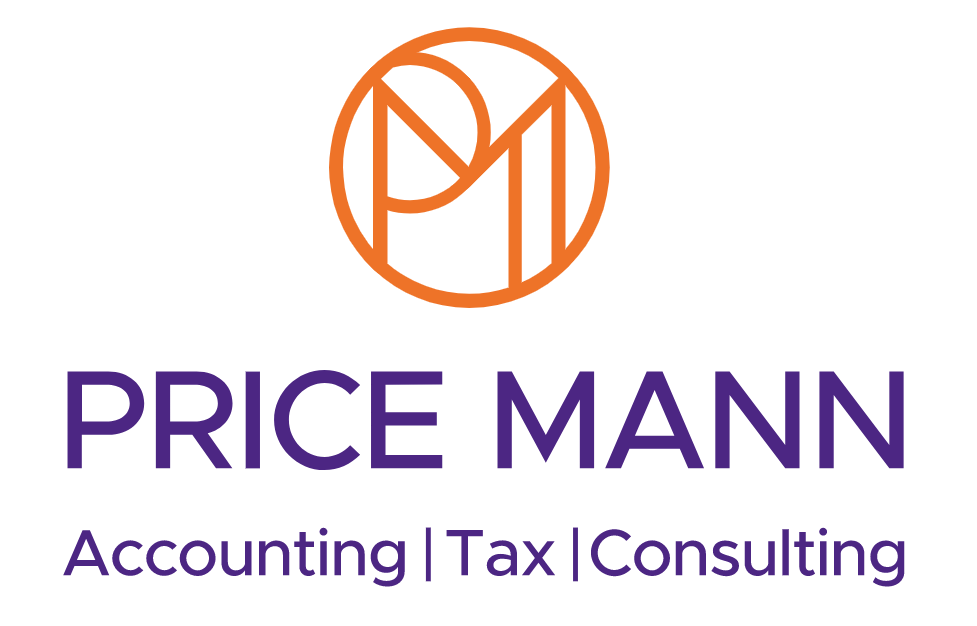Business Update: April 2024
Business Update: April 2024
UK house prices rise as interest rates fall
The average house price increased by 1.2% compared to last year, climbing to an average of £260,420. The last growth was seen in January 2023.
In February, UK house prices experienced their first annual increase in over a year, signalling a rejuvenation in the housing market spurred by reduced borrowing costs.
Nationwide has reported that the average house price climbed to £260,420, marking a 0.7% rise from January and a 1.2% increase from the same time last year.
Despite this positive shift, house prices remain roughly 3% below the peak levels of summer 2022. Both buyers and sellers are becoming more active, with property website Zoopla predicting a 10% boost in home sales this year.
Further optimism comes from the Bank of England (BoE) reporting a spike in new mortgage approvals in January, marking the highest level seen since October 2022, although lending rates are still low by historical standards.
Despite these challenges, the BoE has maintained interest rates at 5.25%, with financial markets anticipating a slight decrease in the coming months.
Nationwide chief economist, Robert Gardner, said:
“The decline in borrowing costs around the turn of the year appears to have prompted an uptick in the housing market. “While the squeeze on household budgets is easing, with wage growth now outstripping inflation by a healthy margin, it will take time to make up for the ground lost over the past few years, especially given consumer confidence remains fragile.”
Talk to us about your property finances.
Manufacturing and R&D to receive £360m boost
Funding aims to drive economic growth, enhance health resilience, and generate employment.
Jeremy Hunt has announced a £360m investment in UK manufacturing to drive economic growth, enhance health resilience and generate employment.
Furthermore, there will soon be opportunities for companies to engage in a £520m life sciences manufacturing fund designed to prepare for health emergencies and enhance the UK’s research and development capabilities.
These efforts are part of a broader strategy, supported by over £2bn in government funding, to foster the development of zero-emission vehicles and their supply chains. According to the Treasury, these measures will help create 100,000 jobs in the battery sector by 2030.
These investments are targeting sectors where the UK has the potential to be a global leader, designed to attract private investment and support job creation.
The Chancellor has also detailed a £50m apprenticeship growth pilot over two years to support sectors like advanced manufacturing, engineering, green industries and life sciences.
Starting in April, eligible apprenticeship programmes in fields such as pipe welding, nuclear technology and laboratory techniques will receive £3,000 for each new apprentice.
This funding aims to help providers invest in necessary equipment and tools to expand and improve their training offerings. More information on this initiative is due to be released shortly.
Talk to us about your business.
Stealth tax and savings shake up salary bands
Fiscal drag raises tax burden for many. Following the recent Spring Budget, NI rates in the UK will decrease by 2%.
Following the recent Spring Budget, National Insurance (NI) rates in the UK will decrease by two percentage points, reducing to 8% on earnings between £12,570 and £50,270, down from the current 10%.
This change, effective from April, appears to initially increase take-home pay for workers. However, tax thresholds, including the starting point for income tax and NI contributions, are frozen until 2028. This freeze, despite potential wage increases due to inflation, results in what is known as “fiscal drag” or a “stealth tax”, indirectly raising the tax burden over time.
By considering both the NI reduction and the impact of frozen tax thresholds, it can be calculated whether individuals have received a net tax cut or increase over the past year.
The Office for Budget Responsibility (OBR) notes that if the basic tax threshold had risen with inflation, it would reach £15,220 by 2024/25, providing £2,650 more tax-free income. Consequently, workers earning between £32,000 and £55,000, or above £131,000, will benefit from the government’s tax adjustments, saving or losing differing amounts depending on their income bracket.
For example, a £50,000 salary yields a £752 annual saving, while someone on £16,000 pays an additional £607. These calculations exclude specific tax deductions or credits, with the ongoing freeze until 2028 likely to disadvantage most UK residents amid the highest tax burden in 70 years. Internationally, however, the UK’s tax rates remain comparatively moderate.
Talk to us about your finances.
PM proposes scrapping National Insurance
Plans to simplify tax could require other increases. In 2022/23, NICs generated £178bn, with £103bn from employers, £65bn from employees, and around £10bn from the self-employed.
The Prime Minister, Rishi Sunak, has suggested the possibility of eliminating National Insurance contributions (NICs) for workers, following another 2% cut announced during the Budget.
National Insurance, established in 1911, plays a significant role in UK tax revenue, second only to income tax. In 2022/23, NICs generated £178bn, with £103bn from employers and £65bn from employees. Currently, employers pay a 13.8% rate on NICs for each employee, including those over the state pension age, though these employees are exempt from paying NICs themselves.
The idea of abolishing NICs aims to simplify taxation, as Sunak highlighted the complexity of people paying both income tax and NICs, despite the funds supporting the same public services.
This move could significantly reduce the effective tax rate for basic rate taxpayers to 20%. Chancellor Jeremy Hunt also echoed this sentiment, emphasising the unfairness of double taxation on work.
The recent Budget included a repeat of a 2% NIC rate cut, initially implemented in January, now totaling a 4% reduction. This proposal has sparked debate, with Labour leader Sir Keir Starmer criticising the plan as an unfunded commitment surpassing £46bn, potentially requiring increases in other taxes, like income tax, to compensate for the loss of NIC revenue.
The discussion comes ahead of a general election, indicating efforts to appeal to voters with tax reforms.
Talk to us about your tax return.
Want to talk to an expert?
If you’ve found the topics covered in this report to be of interest or you would like to delve deeper into any of them, we welcome the opportunity to engage in a more detailed discussion with you. Our team of experts is always keen to share insights, and we’re confident that a conversation with us can provide valuable perspective. We are also well-positioned to update you on the latest trends, opportunities and challenges in the business world. As we all know, staying ahead of the curve is vital in today’s fast-paced business landscape, and we’re here to help you navigate it successfully. If you’re considering getting extra support, we invite you to explore the comprehensive solutions we offer.
To schedule a meeting or to get more information, please don’t hesitate to contact us.

All content on the Site and all the information provided through it is provided "as is", with no guarantees of completeness, accuracy or timeliness, and without representations, warranties or other contractual terms of any kind, express or implied. Any articles or publications contained within this website are not intended to provide specific business or investment advice. No responsibility for any errors or omissions nor loss occasioned to any person or organisation acting or refraining from acting as a result of any material in this website can, however, be accepted by the author(s) or Price Mann. You should take specific independent advice before making any business or investment decision. Price Mann Limited is a company registered in England & Wales, Company Number: 13076522. Registered Office: Magnolia House, Spring Villa Park, 11 Spring Villa Road, Edgware HA8 7EB.
All Rights Reserved | Price Mann Limited












